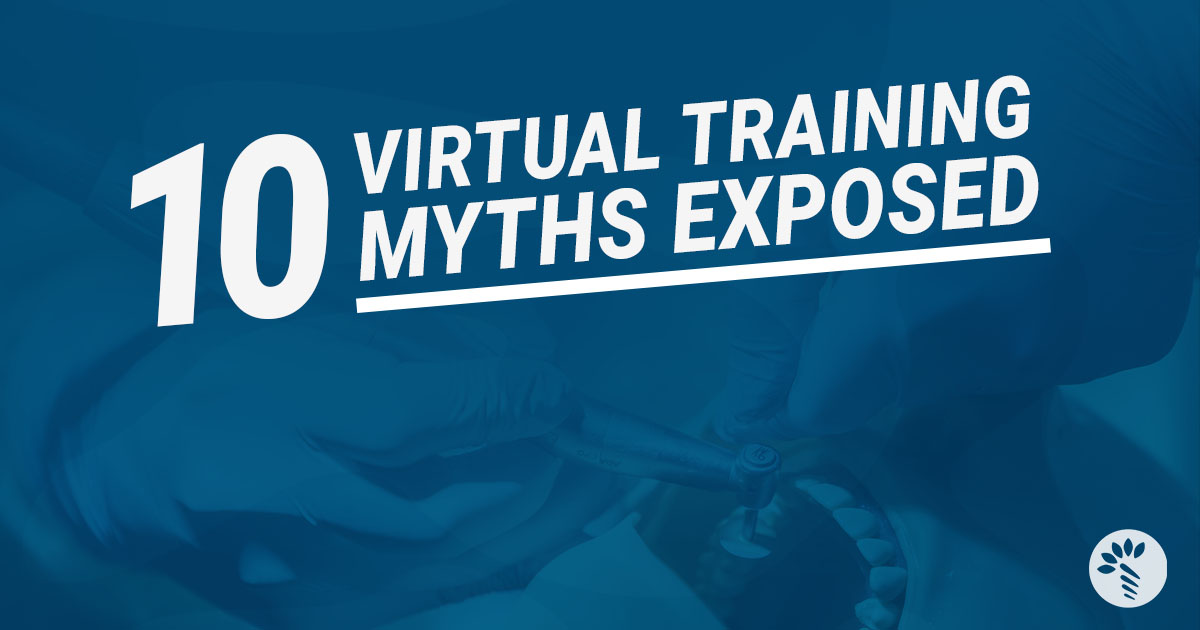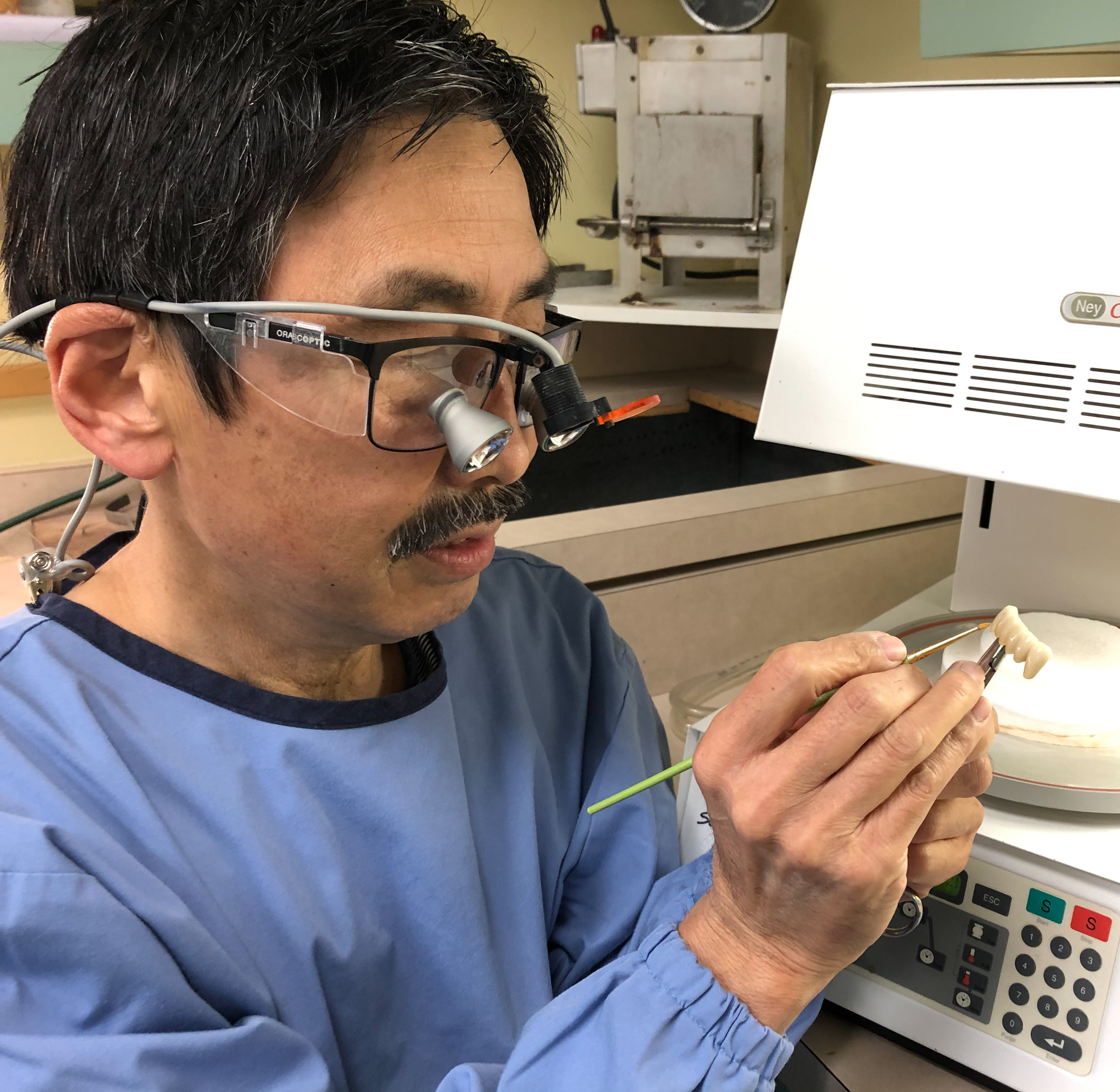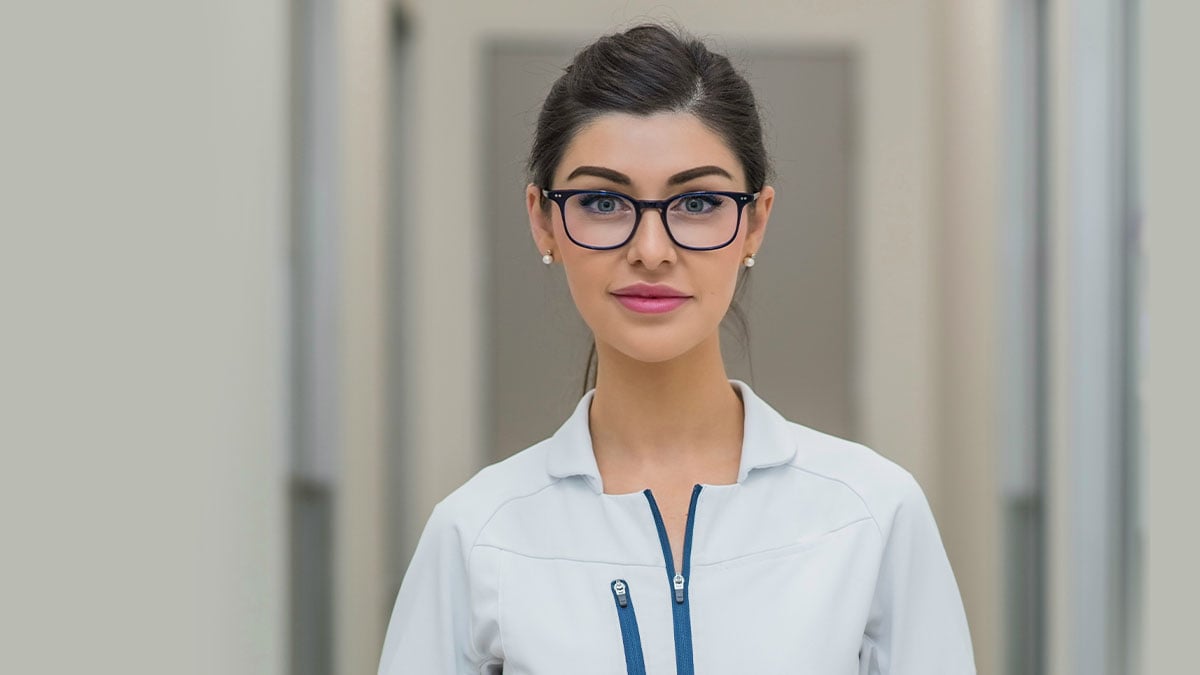The world is a very different place today than it was just a few months ago, and education has been one of the first industries to adapt. As a result, the prospective student is not short on choice for online-based courses, yet just like the internet itself, not everything is what it seems.
How do you know which course is right for you?
Are you going to wait for in-person training to return?
We can help you navigate your way into this new paradigm of travel-free online learning - which is here to stay - because this is what we do. While the world was locked down RipeGlobal built an entirely new education experience that delivers powerful and comprehensive curricula so that you can become competent and confident in all aspects of your dentistry.
You might wonder if learning online is as good as taking an in-person course, or feel concerned that you will be isolated when you learn online. Have you wondered how it all works, where a teacher can teach you through the internet? Well please read on!
Take a peek into the new ways that RipeGlobal delivers (arguably) the best dental education in the world while we address the top 10 myths about learning online.
Myth #1: Virtual training isn’t interactive.
RipeGlobal offers online courses that are immersive and interactive, such as the Fellowship in Restorative Dentistry. Access your educator when you have questions, and engage with your cohort during the myriad opportunities you have throughout the course to work together in pods. RipeGlobal provides cameras with a flexible arm to all participants, to enable the educator to have the same line of sight as you, and guide you through intensive hands-on modules. Another aspect that makes RipeGlobal courses unique is that students will present case studies to your educator, who will provide valuable feedback. Access to your educator and the amount of time they spend looking at your work launches RipeGlobal into new dental education territory.
Myth #2: This course requires too much hands-on activity to be effective as an online experience.
One of the main pillars that define the RipeGlobal brand of education is the quantity of hands-on skills practice you participate in. This is in response to feedback RipeGlobal receives from students - and corroborated by educators - who tell us that other courses deliver too much theory and never enough hands-on learning that will provide you with the skills you need to apply the theory that you would learn. RipeGlobal’s Fellowship in Restorative Dentistry includes 44 hours of hands-on, one-to-one training with a master dentist educator.
Myth #3: I’d rather wait to book an in-person training course.
A very recent UN policy brief which explored the effect the COVID-19 pandemic has had on education, described this event as the largest disruption of education systems in history, affecting nearly 1.6 billion learners in more than 190 countries and all inhabited continents. In their list of policy recommendations, the UN recognises that we cannot return to the world as it was before.
Similarly, a UNESCO report on post-COVID-19 education describes the urgency to improve on our world that is before us. “We must build narratives for what the new reality could look like. We have to nourish the sources that give us hope for rethinking how the world works,” the report says. It is with this spirit that RipeGlobal is reimagining dental education in a post-COVID-19 world, while raising the bar to deliver a greater quality education experience with all of the benefits of in-person training and the flexibility to learn from any location in the world.
Click here to watch the video of how easy it is for you to interact and collaborate with your educator and other students.
Myth #4: I get distracted easily when I train online from my home or office.
Our curriculum is very engaging and requires a lot of hands-on participation from you. We incorporate human factors education into our training which requires concentration, as you will often practice with a stopwatch. The case presentations and hands-on components require your attendance at the time your educator is delivering the virtual class to you and your cohort. You will be able to communicate directly with your educator during these sessions as well as the Q&A forums. This provides more opportunities to engage with your educator than you would during in-person courses.
Myth #5: Virtual training is easier academically than classroom training.
RipeGlobal courses are an evolutionary step in dental education. We incorporate human factors education into every course, which trains dentists to perform learned skills under simulated conditions. RipeGlobal has developed purpose-built flexible camera support so that your educator can see exactly what you see, and who can guide you in real time and with more focus than if you attended a regular in-person class. Educators review assessments and provide feedback, which was never a part of in-person training. RipeGlobal courses have a reputation for being challenging, and as a result, consistently produce competent dentists who perform confidently under stress.
Myth #6: I’m not tech savvy and therefore do not want to take an online class.
It’s a fact that we have all been required to up-skill with collaboration platforms, such as Zoom, since the onset of COVID19. RipeGlobal’s technology developers have created an easy and intuitive user experience, beginning with course orientation which involves 1:1 onboarding sessions. The RipeGlobal team will guide you through the set-up phase, then test your equipment with you to ensure that you can use your equipment effortlessly.
Myth #7: I prefer to learn in a real class because I get better feedback.
In a standard dentistry course, an educator would take approximately 24 minutes to walk a room of (on average) 30 to 40 students and observe one or two moments of a student’s work. Educator feedback would be, if anything, a handful of small observations. RipeGlobal, on the other hand, supplies cameras to every student who enrols in courses such as the Fellowship in Restorative Dentistry. The camera attaches to a flexible arm to align with the same line of sight as you have, and provides a far better view than what an educator can expect to see during in-person training events. Educators are able to observe the entirety of your work as fast as it takes them to click on your profile to offer in-depth feedback and evaluation.
We understand that you will miss the eye to eye contact you experienced when you communicated in-person with your educator, where you felt that you and your work were truly seen. It’s a grieving process we need to observe, to honour the way our world used to be merely months ago. The fact is that it’s not going to be that way again any time soon and we don’t have time to wait to help dentists all around the world become more confident, competent, and keep their patients safe.
Myth #8: I feel isolated when I learn online because there is no community
Finding community is an integral part of your journey, and student alumnae will likely become your closest professional allies. RipeGlobal provides many opportunities for you to interact with your cohort - during curriculum activities, and in planned social events where students can enjoy fun, virtual social gatherings and get to know each other. You will also work in groups as a part of Your assessment. Cohorts are divided into geographical regions, are limited in number, and facilitated by a master dentist.
Myth #9: I need over-the-shoulder guidance so I am unsure I want to take this course
You receive more over-the-shoulder guidance in our global online courses such as the Fellowship in Restorative Dentistry than if you participated in an in-person course. The average ratio of student to educator for in-person courses was 35 to 1. RipeGlobal limits the ratio of student to educator to 15 to 1.
In this virtual experience, the educator can view your work with the same line of sight, which makes a significant difference in dentistry. During intensive hands-on modules, educators have the ability to watch while you work, observe your techniques and skills via live or saved recordings, and from which the educator will offer feedback. To reinforce learning outcomes a student might be asked to upload photographs of their work so that the educator can add diagrams on an enlarged version using a zoom board. We created our Fellowship courses with the express ambition to provide a more interactive education experience compared to what you would receive in-person.
Myth #10: I am a slower learner and I usually need a bit of help with my assessments. I am unsure whether I will get the assistance I need.
RipeGlobal’s virtual courses are structured so that you have time to study, practice your skills, and build case study assessments. Cohorts are grouped according to similar geographical regions, and will be afforded ample opportunities to learn together. Some assessments involve a combined project where you are invited to teach a small part of the course content to your peers, and who then can support others in your cohort to do the same. Dr Lincoln Harris is a strong believer in the adage, the best way to learn is to teach.
View all of RipeGlobal Courses on our Website
Do you still have questions? We’re here to help! Connect you to one of our helpful Pathway Advisor.



